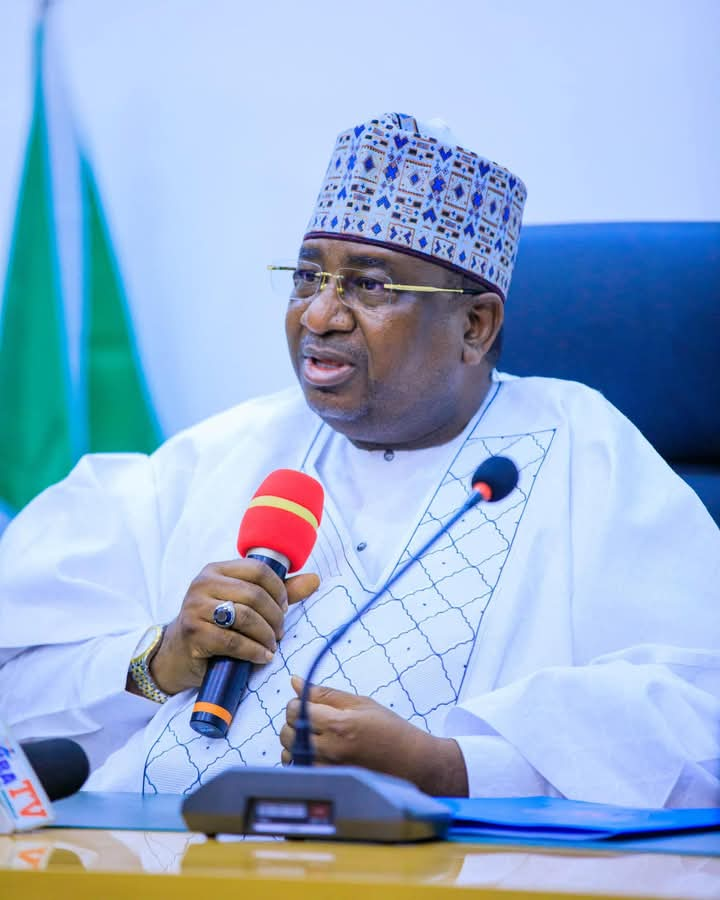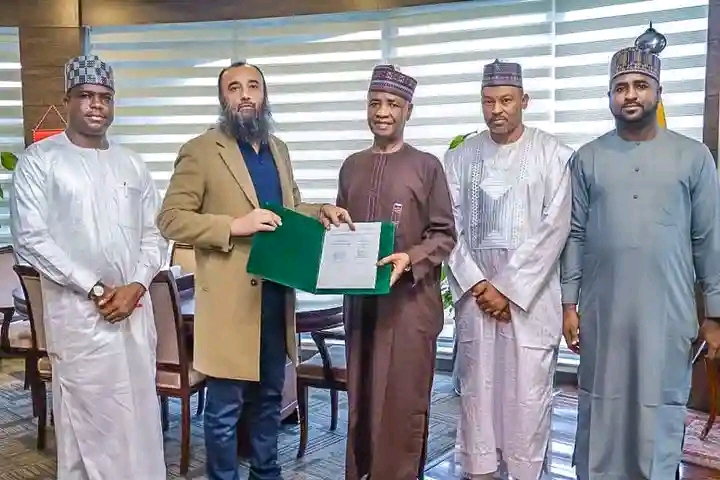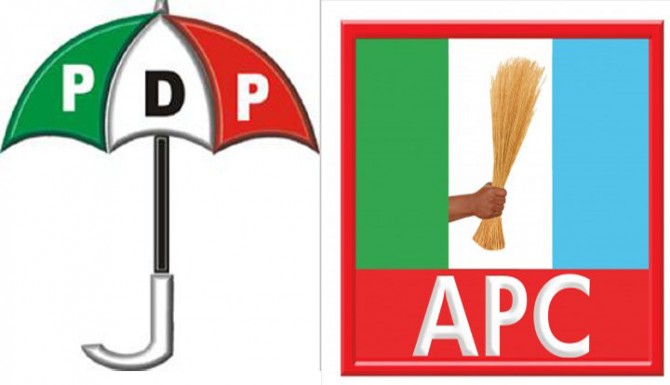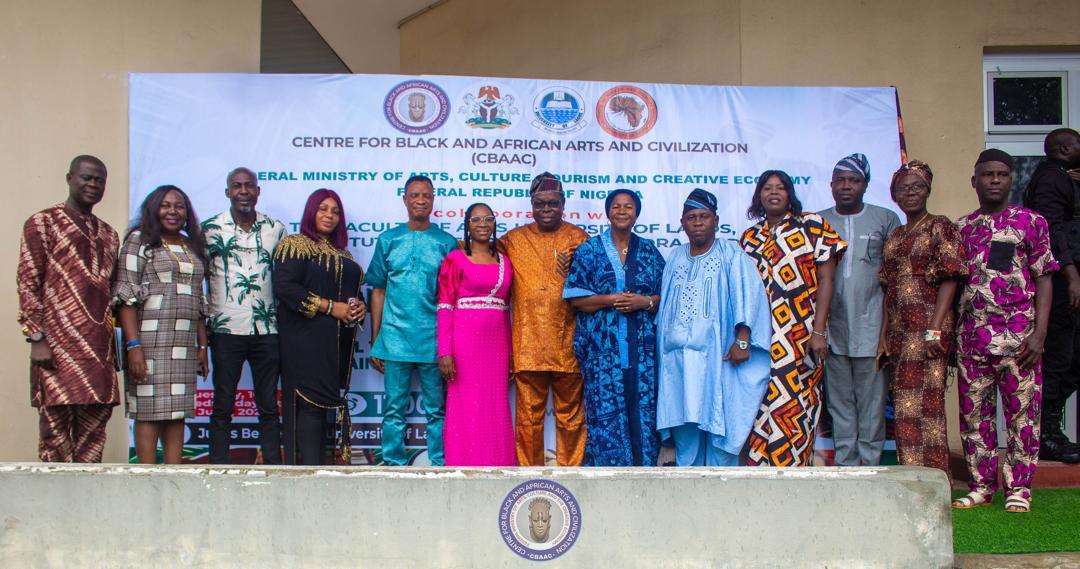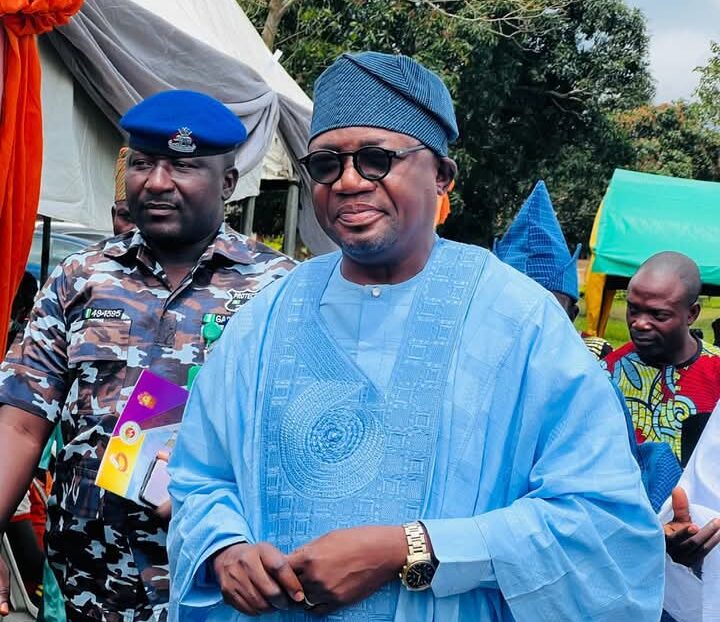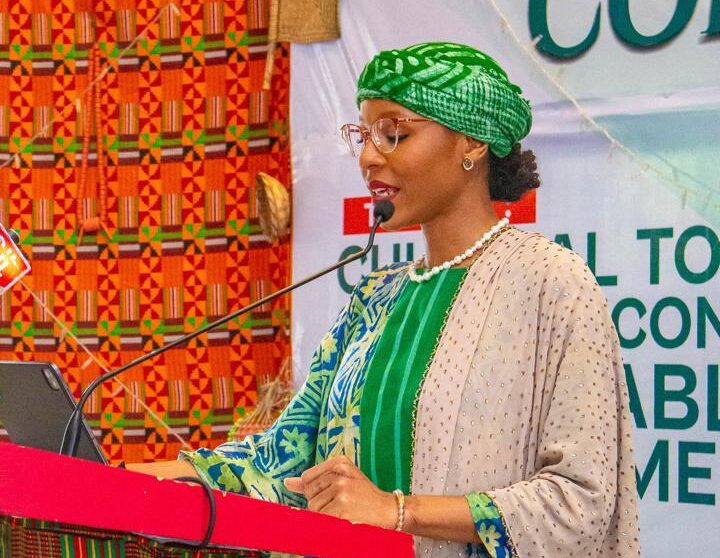By: Tijani Salako.
The Center for Black and African Arts and Civilization (CBAAC) has called for the preservation of true reflection of African cultural tourism, urging the Nigerian celebrities and other African celebrities to maintain the core heritage language through their digital content display on social platforms and maintain the morals that were known with African culture and Nigeria.
This call was made by the League of Creative Stakeholders, and the academic stance during the two-day annual conference of CBAAC, which was in collaboration with the Faculty of Arts and the Institute of African and Diaspora Studies (IADS), held at Lagos State University.
The general theme of the event was captured as “Cultural Tourism, Creative Economy and Sustainable Development in Africa”, as the panelists dissect the theme into four categories of other discussable themes, which cover a wide range of discussion with lucid and engaging paper presentations.
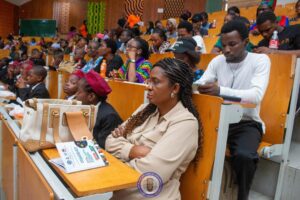
The sub-theme as discussed by the panelist were: Cultural Diversification for Sustainable Development in Africa Multi-ethnic Space, Contextualisation of the Pan-African Creative Economy and New Media Intervention, Interrogating the Reality of Heritage and its Governance in Africa and Epistemology of Tourism and the African Indigenous Knowledge System, all were justified adequately by the panelist both internationally and locally.
However, during the paper presentation, Dr Charles Terseer Akwen whose paper centered on” writing our root: Creative Writing, Literary Tourism as a Catalyst for Sustainable Development in Africa” emphasis on Professor Kayode Eesuola that, “Many tourists when embarking on tourism journey are only interested in what they can see, feel or touch, that tourist made their tour based on the people’s cultures and land.”
In Dr Akwen’s justification, he emphasizes the need for a more creative story that will tell the story of a place, community, tribe, culture, the exact ways it was for the generations to come after the current generation is gone. Dr Akwen said, “It is essential to explore the transformative potential of creative writing and literary tourism by capturing the spirit, struggles, and beauty of each community in a way that will present the authentic, diverse, and empowering images of Africa. He adds that creative writing becomes a cultural map that invites readers and tourists to view storytelling as both cultural preservation and a vehicle for economic and environmental sustainability.”

Dr Adedoyinsola Eleshin, in her presentation which focus on “Indigenous Language as Tools for Digital Cultural Tourism and Creative Economy”, explore the essence of preservation of indigenous language for communication purpose between the tourist and the local resident which will enable them to interact, understand each other’s need and enjoy their experience optimally. In addition, Dr Eleshin adds that “a good number of content creators online now employ the three dominant Nigerian languages for the creation of cultural content, which now serves as a tourism space for many people in the diaspora of both African and non-African descendants”.
However, it calls on the creative stakeholders to project the exploitation of Nigerian indigenous language in the digital space, and as it can be retrieved online and studied for proper understanding and interpretation. She said “indigenous food like Akara, Tuwo-masara, and others should be called with their indigenous names and not in any other languages”
Other diaspora presenter like Dr Gerard Millogo in Burkina Faso, whose paper centered on “Decentralisation of cultural tourism in Burkina Faso: Empowering Local communities in a context of insecurity” said, the security issues in Burkina Faso has severely disrupted the traditional tourism circuits and limited access to key cultural sites, however, the presentation advocate for decentralized model of cultural tourism that center on local communities, lesser known heritage sites, grassroots initiatives, as this will highlight how cultural tourism in decentralized settings can support peace-building, preserve indigenous knowledge as a vectors for sustainable development, even in area terribly affected by terrorism.

Meanwhile, Mr Oladimeji Festus Olafare, in his paper, titled “AI-Powered Creativity in the Pan-African Creativity Economy said that “Artificial Intelligence (AI) is revolutionizing the Pan African creative economy by enabling new forms of artistic expression, enhancing productivity, and expanding global reach. This technological shift is democratizing access to high-quality production tools, allowing emerging artists to compete on a global stage with limited resources. It has helped in transforming storytelling through natural language processing, enabling the creation of interactive narratives and multilingual content”.
Mr Teniola Tonade, who juxtaposed his paper on “Popping the Ethical: An exploration of Moral Philosophising in selected Afrobeat songs,” said, “moral philosophising is often presumed to be the preserve of the professional philosopher. As a consequence of this orientation, the contribution of the popular figures in making morality as well as the role of celebrity in general is minimized, which explores how moralities are generated and popularised in some afrobeat songs. Also, the use and critiques of proverbs, the application of street codes and problematisation of socio-politics for the propagation of moral judgment in the record of Afrobeats artistes”.
The paper then acknowledged that” many universally recognized philosophers have, in the past and present times, popularised ethical standards, the social recognition of moral philosophy is often hinged not on the profundity or systematicity of the thinking but on the charisma of the interrogating parties and distribution channels.”



